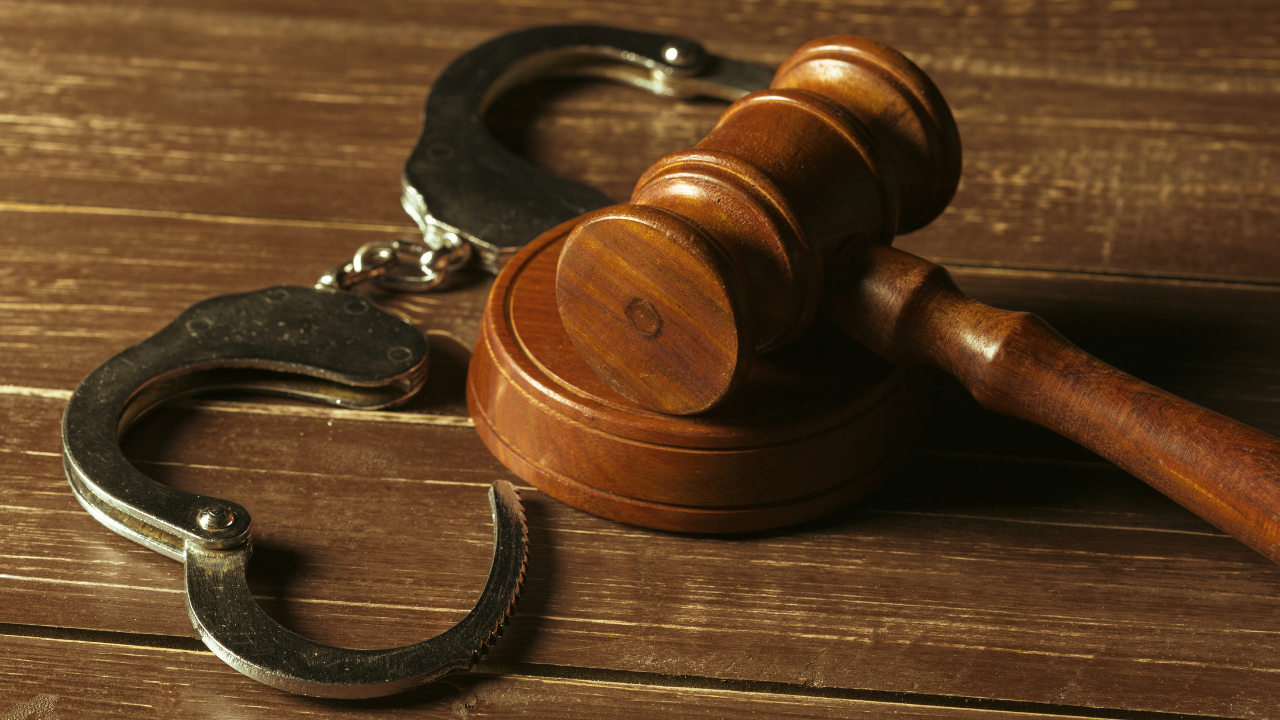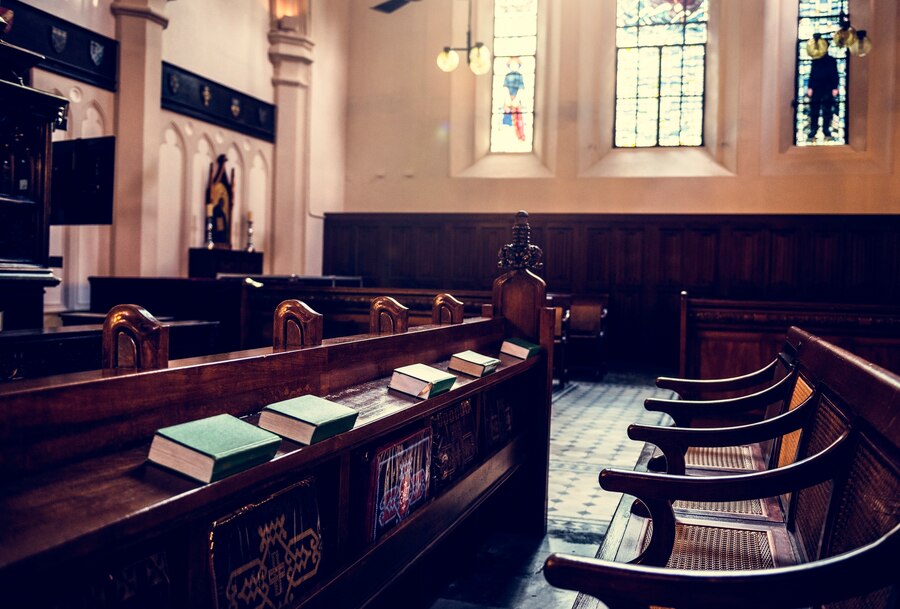Wondering how to appeal a criminal conviction? If you were found guilty in court but believe a mistake was made, there is still hope.
You can ask a higher court to review the case—this is called an “appeal.” But here’s the thing: an appeal is not a new trial.
It’s more like checking if everything was done fairly the first time. It looks at the legal process, not the facts again. And it’s best done with the help of a defence lawyer, especially in Calgary, where special rules apply.
Hi. In today’s blog, I will break the entire process down. Additionally, I will tell you how a defense lawyer can help fix a wrong judgment. So, if that’s what you need to know, you have come to the right place. Therefore, keep on reading till the end, and thank me later…
Understanding Criminal Appeals in Calgary
Before I talk about how to appeal a criminal conviction, let me explain a little about what an appeal is!
So, what is an appeal?
An appeal is like saying, “Hey, I think the court made a mistake in my case. Can someone check it?”
You are not telling your story again. You are asking judges to review what already happened in the first trial.
Then is it a retrial?
Appeals Are Not Retrials
It is very important that you learn the difference between appeals and retrials. Here’s how they are different:
| Appeal | Trial |
| Reviews the trial for errors | Hears the full story |
| No new evidence | Witnesses give testimony |
| Done mostly in writing | Done mostly in person |
| Focuses on law | Focuses on facts |
What Appeal Judges Look For:
- Did the judge misapply the law?
- Were there any unfair procedures?
- Was the punishment or decision way too harsh?
Types Of Appeals In Alberta
Here’s how appeal types are divided:
| Type of Offence | Type of Appeal | Court |
| Less serious offences | Summary Conviction Appeal | Calgary Court of King’s Bench |
| Serious offences (like assault, robbery) | Indictable Offence Appeal | Alberta Court of Appeal |
A defence lawyer will figure out which one fits your case.
Which Courts Hear Appeals In Calgary?
Here’s what you need to know:
- Calgary Court of King’s Bench: It deals with minor crimes. Additionally, it handles appeals from the Provincial Court.
- Alberta Court of Appeal (Calgary): Only when it comes to serious criminal cases, this court hears appeals. Furthermore, it makes big decisions that other courts follow.
Grounds For Appealing A Criminal Conviction

Before you get to know how to appeal a criminal conviction, it is important that you learn whether you can or not in the first place!
So, when can you appeal a criminal conviction? Let me tell you when:
1. Legal Errors By The Judge
First, if the judge got the law wrong—like not explaining something important to the jury—then it’s a solid reason to appeal.
2. Wrong Evidence Used
Secondly, maybe the judge allowed something unfair to be shown (like your past crimes), or didn’t allow something that could’ve helped you.
3. Your Lawyer Messed Up
Third, if your old lawyer forgot to say something important, or didn’t prepare well, and it affected your case, you might have a reason to appeal.
4. Jury Misconduct Or Bad Verdict
- The jury acted unfairly.
- The jury talked to outsiders.
- The verdict didn’t match the proof.
5. Your Rights Were Violated
Finally, every Canadian has rights under the Charter of Rights and Freedoms. If police broke those rules (like no lawyer, illegal search), it can be used in an appeal.
The Appeal Process In Calgary
So, how to appeal a criminal conviction? Well, TBH, there are several steps that you need to follow when you are trying to appeal. Here’s what you need to do:
How To Appeal A Criminal Conviction?
- File a Notice of Appeal within 30 days after sentencing.
- Your lawyer gathers the appeal record (documents, evidence, transcripts).
- Lawyer writes the factum—this is a written explanation of why your trial was unfair.
- A court hearing is scheduled where lawyers speak to the judges.
- Judges decide whether to change the verdict, hold a new trial, or keep everything the same.
| Appeal Deadlines Matter: You only have 30 days after your sentence to file your appeal. If you miss this, you need special permission to still go ahead. |
Who Hears The Appeal?
That’s a good question! Here’s what you need to know:
| Type of Appeal | Number of Judges |
| Summary Conviction | 1 judge |
| Indictable Offence | Panel of 3 judges |
These judges won’t re-watch the trial or call new witnesses. They only look at legal issues.
What Are The Possible Outcomes Of An Appeal?
Here’s what can happen after your appeal hearing:
| Outcome | What It Means |
| Conviction Overturned | You’re found not guilty now |
| New Trial Ordered | The trial is done again from scratch |
| Sentence Reduced | Same verdict, but less punishment |
| Appeal Denied | Original verdict and sentence stay the same |
What Is The Role Of A Calgary Criminal Defense Lawyer In Appeals?
A good lawyer is your guide through this tricky process. Here’s what they do:
1. Checks If You Can Appeal
Firstly, not every bad result means you can appeal. Your lawyer reviews the trial to see if serious mistakes were made.
2. Prepares Strong Written Arguments (Factum)
Secondly, arguments and factums are extremely necessary! This is probably one most important parts.
The lawyer writes legal arguments showing what went wrong and why it matters. Additionally, they should be able to explain your side to the judges. Furthermore, answer questions from the judges.
3. Uses Canadian Laws To Prove Your Point
Thirdly, your lawyer will use past case examples from Alberta or even Canada’s Supreme Court to support your appeal.
4. Guides You Through Deadlines And Rules
Fourthly, you need to keep in mind that everything has a deadline. Additionally, appeals generally have very strict rules.
And this is something that your attorney will be able to help you with! Your lawyer makes sure everything is done correctly and on time.
5. Explains The Good, The Bad & The Risks
Finally, your lawyer will tell you the real deal. With their help, you know:
- How long it may take.
- What are your chances.
- What could go wrong or right.
Appeal Process vs Trial Process: What Is The Difference?
Now that you are aware of the entire appeal process in criminal convictions, it is time for you to take a quick look at this table. Here’s how the appeal process differs from the trial process:
| Feature | Trial | Appeal |
| Purpose | Decide guilt or innocence | Only the lawyer speaks |
| Evidence Used | Witnesses, new proof | Past records only |
| Who Decides | Judge or jury | Panel of judges |
| Can You Talk? | Yes, in court | Only lawyer speaks |
| Time to Start | When charged | Within 30 days of sentencing |
Do You Think Your Trial Was Unfair?
In conclusion, a criminal conviction doesn’t have to be the end of the road. If something went wrong—like a judge’s mistake, unfair treatment, or broken rules—you may be able to appeal.
Knowing how to appeal a criminal conviction is important. However, doing it right is what really counts. With the help of a smart and experienced Calgary defence lawyer, you can fight for a second chance and a fair outcome.
For instance, here are a few things that you MUST keep in mind:
- Appeals are not retrials. No new stories, just legal review.
- You must file within 30 days of sentencing.
- A defence lawyer is essential to build a strong appeal.
- Courts look for serious legal mistakes—not just any mistake.
- Appeals can result in a new trial, reduced sentence, or even freedom.
Furthermore, if you believe a mistake was made in your trial, don’t wait. Talk to a Calgary criminal defence lawyer today. Ultimately, they’ll help you understand your rights and the road ahead.
Read Also:
















